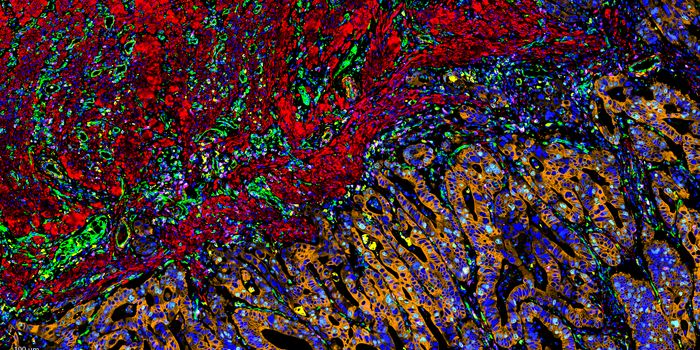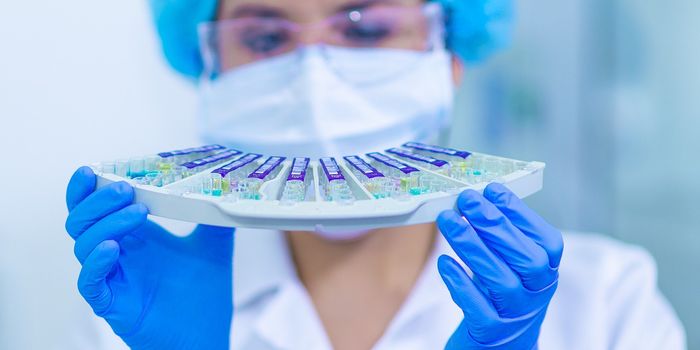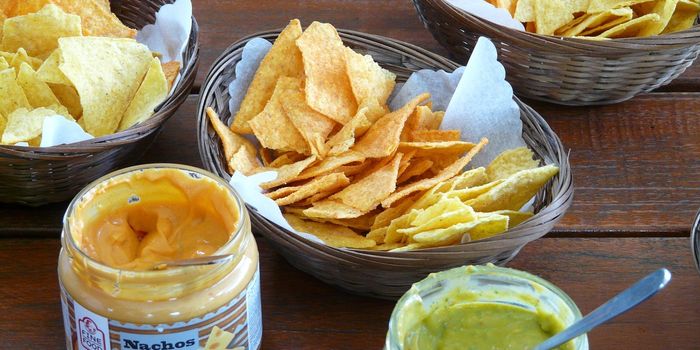More Evidence that Cancer is Not a Matter of Bad Luck
A controversial study last year rocked the foundation of cancer and health research, suggesting that cancer was merely just “bad luck.” Many people didn’t take keen to this notion that the fate of their health was seemingly out of their control. However, a new study challenges the claim of luck, giving hope that our cancer risks can be up to us to decide.

As cells grow and divide, they make mistakes along the way. Most of the time, cells have extraordinary quality control measures that catch and correct these errors. In cases where the mistake is too great, the cell can self-destruct in order to prevent the mutations from carrying on to future generations. However, the proof-reading and error-checking is not perfect, not 100 percent. This is why we have such a diverse human population of varying traits, including risks for certain diseases like cancer.
If a mutation in a germ cell (that is, sperm or egg) gets through the cell’s quality control check, it will be inherited by the parent’s children. Still, other mutations are influenced by environmental and lifestyle exposures, such as smoking. But where is the line between random accidents and deliberate cause-and-effect?
The answer, according to a study published in early 2015, was that some organs’ propensity for cancer are simply due to “bad luck.” Published in Science, the study claimed that a significant portion of cancer types, including ovarian and pancreatic cancers, were due to accidental mutations in adult stem cells.
But do these “bad luck” mutations happen at a high enough rate to account for these cancer developments? A new study disputes this apparent claim.
The study, published in Nature, analyzed adult stem cells taken from various organs. The aim was to calculate the rate and patterns of DNA mutations that could account for the high cancer rates in these organs.
What they found was a steady rate of accumulation for DNA mutations, at an average of 40 mutations per year. "We were surprised to find roughly the same mutation rate in stem cells from organs with different cancer incidence," said Ruben van Boxtel, professor at the Department of Genetics at University Medical Center Utrecht in the Netherlands, and senior author of the study.
"This suggests that simply the gradual accumulation of more and more 'bad luck' DNA errors over time cannot explain the difference we see in cancer incidence - at least for some cancers,” he added.
So, it’s not a matter of throwing our hands in the air in regards to cancer risks. Lifestyle choices play a huge role in mutations. This isn’t to say that “bad luck” is not part of the story, it just may not play as big a role as previously thought.
"This new research by Dr. van Boxtel and his group is important because it provides actual measured data on the rate of DNA error accumulation in human stem cells for the first time, and shows that perhaps not as much cancer risk is down to this type of 'bad luck' process as has recently been suggested,” said Lara Bennet, science communication manager at Worldwide Cancer Research.
Additional sources: MNT








